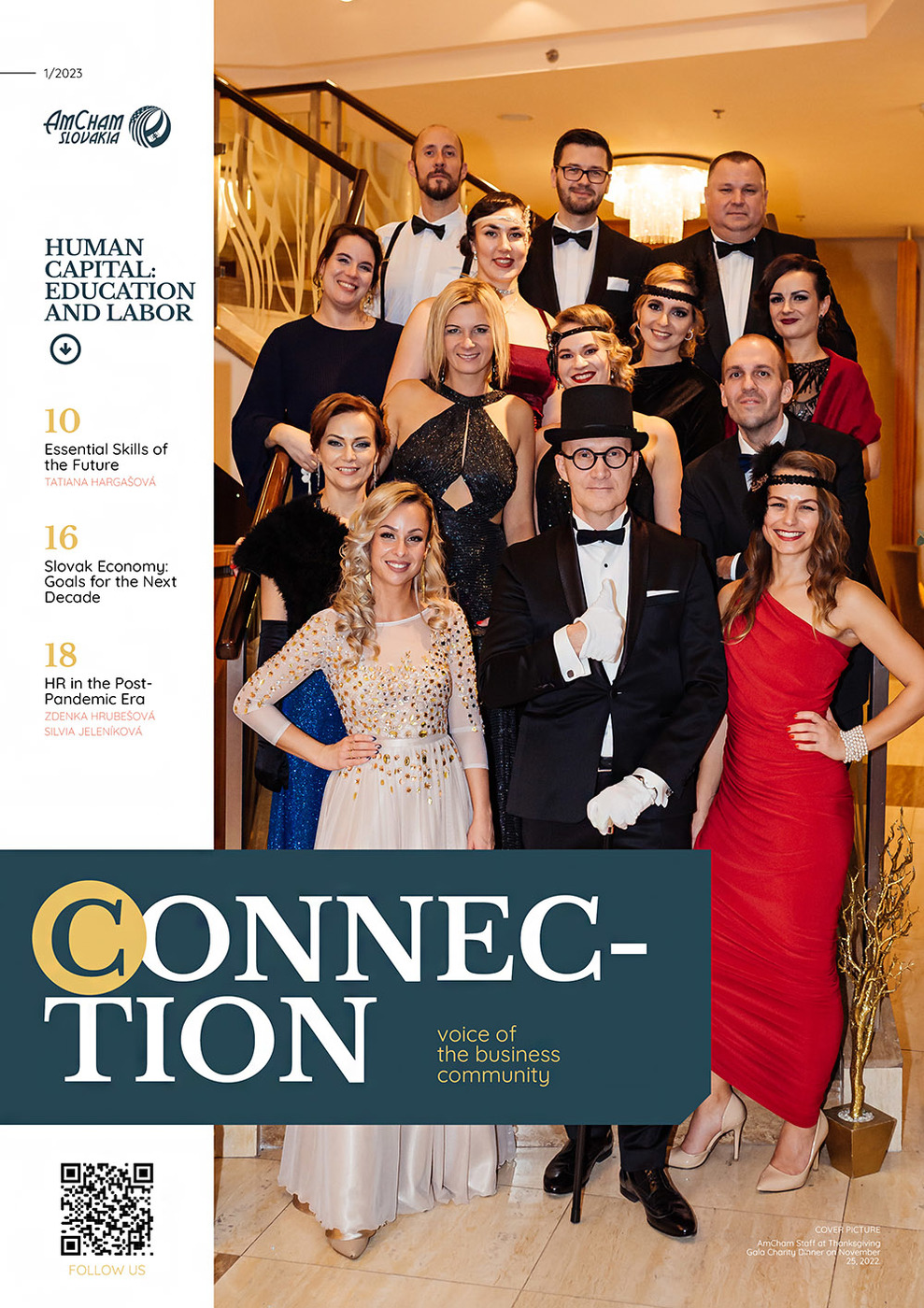 In order to balance the proven inequalities, the national and European legislation introduced a concept of the so called affirmative actions. Affirmative action is based on the idea that not everyone has the same opportunities to get an education or a job, not due to their own fault, but because of belonging to a certain long-term disadvantaged group. Affirmative action is about creating equal opportunities building up on the concept of equity.
In order to balance the proven inequalities, the national and European legislation introduced a concept of the so called affirmative actions. Affirmative action is based on the idea that not everyone has the same opportunities to get an education or a job, not due to their own fault, but because of belonging to a certain long-term disadvantaged group. Affirmative action is about creating equal opportunities building up on the concept of equity.
On the labor market, employers play a key role in this area, as they are one of the subjects entitled to adopt and implement affirmative actions. Unfortunately, the awareness of this possibility remains very low in Slovakia, and only a small number of affirmative actions are being implemented. Employers often misinterpret the anti-discrimination legislation and refuse adoption of special measures for certain groups, for example Roma, due to fear from positively discriminating them compared to those employees who objectively cannot benefit from them. However, if adopted in line with the Antidiscrimination Act, despite creating special (more favorable) conditions for a certain group of employees or potential employees, such measures are not considered as discrimination.
International practice shows that affirmative actions are a high-frequency measure increasing the participation of a specific group on the specific actions – employment, education, access to public services, or others.
In order to boost their application also in Slovakia and transform the theoretical framework of affirmative actions into reality, a non for profit organization Agentúra práce Banskobystrického samosprávneho kraja together with the Slovak equality body Slovak National Centre for Human Rights and a Norwegian organization Mangfold I Arbeidslivet are implementing a project focusing on cooperation with employers. The project aims at better use of affirmative actions in the employment of Roma and through improved awareness about the affirmative actions to increase the employment of Roma, primarily those from marginalized Roma communities. The logic of the project builds on a fair partnership between employers (public or private) able to provide jobs, community centers and NGOs working with people from Roma communities able to provide the necessary support, and organizations supporting employers and community centers in their joint effort to increase the employment rate of Roma.
Throughout the project, the partners aim to raise awareness and build technical capacities of employers in designing, implementing and evaluating affirmative actions. The activities promote good practices, support mutual learning and networking between the employers and other key stakeholders actively working in Roma communities. A practical manual for employers guiding them through the process of adoption and implementation of affirmative actions is now publicly available and the partners offer free trainings and networking activities for employers on affirmative action and diversity management.
The project should result in the adoption of five affirmative action initiatives in the field of employment or vocational education and training, developing original knowledge that can inspire more employers to consider affirmative action as a good solution. The representatives of the recruited employers will have the opportunity to take part in a three-day study trip to Norway to experience practical implementation of employment or VET-related affirmative action at the end of March 2023.
Moreover, the partners created a network of 15 community centers and non-governmental organizations which are providing employment support to the service users from socially excluded communities in Lučenec district and neighboring localities. These entities are participating in capacity building activities to strengthen the competence and infrastructure in the field to pave the way for targeted and innovative work in cooperation with companies and employers. The potential achievement of this partnership is a highly valued exchange of real-life practices and sharing of ideas and experiences that may promote further development of affirmative measures and anti-discrimination policies in Slovakia.
Michaela Mudroňová, Director, Agentúra práce BBSK, n.o.
Zuzana Pavlíčková, Head of Policy and International Relations, Slovak National Centre for Human Rights




Follow us